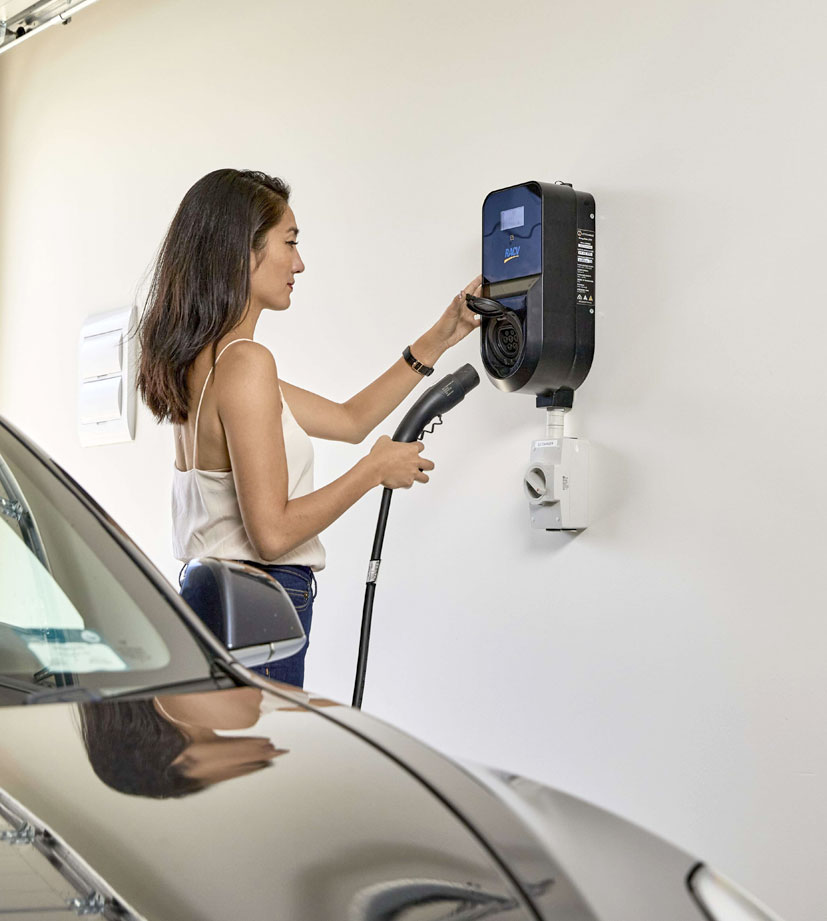
Why Choose Watt Masters for your Home EV Charger Installation?
Our expert team of EV charger installation specialists is dedicated to providing you with a complete solution for all of your home EV charging needs. We understand that every home is unique, and our services are tailored to ensure a safe installation with your home’s electrical system.
From the moment you reach out to us, our dedicated team takes the time to understand your specific requirements. We conduct a thorough assessment of your home’s electrical system, considering factors such as capacity and compatibility. This personalized approach ensures that the installed charger meets your needs efficiently.







